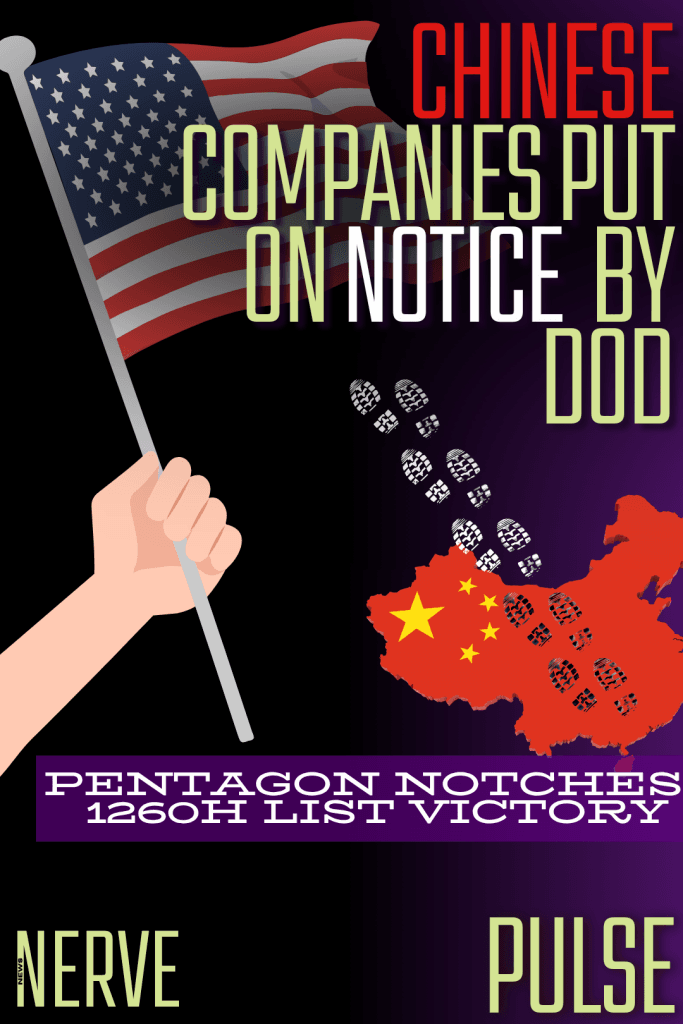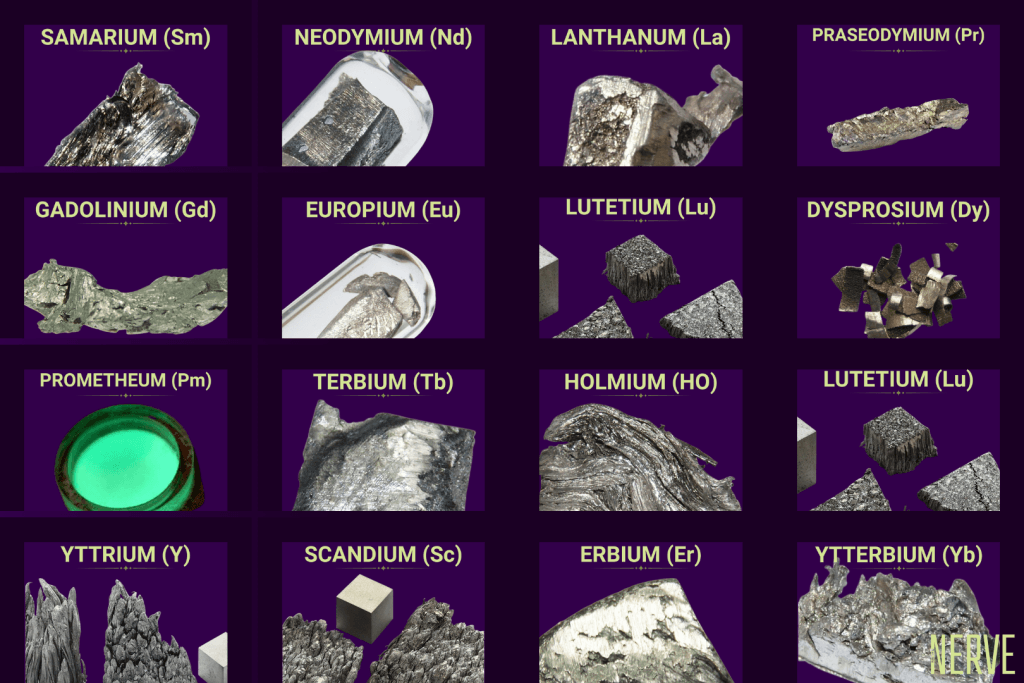With the Slavs fighting the Slavs, the Thais fighting the Cambodians, and the Israelis fighting every Arab within earshot, you’d have to be forgiven for missing that the Pentagon just scored what might be its most significant legal victory ever in its ongoing battle over the designation of Chinese military companies.
On July 11, 2025, the US District Court for the District of Columbia handed the DoD a major win in the case against Hesai Technology Co., Ltd., upholding the lidar company’s placement on the restricted 1260H List.
Why It Matters
“Prior to this case, DoD had never won a lawsuit related to the 1260H List,” according to the Pentagon’s own Industrial Base Policy newsletter.
The win was significant enough that the DoD’s Global Investment & Economic Security office (GIES) called it “a significant victory for DoD and a pivotal advancement for the 1260H mission.” The success came after “months-long collaboration with the Office of General Counsel and Department of Justice,” suggesting this was a carefully orchestrated legal strategy.
Defining 1260H
The 1260H List stems from Section 1260H of the National Defense Authorization Act for Fiscal Year 2021. It requires the Defense Secretary to annually identify “Chinese military companies” operating in the US and acts as a shame list that’s been growing steadily. It’s just one of a number of instruments the federal government deploys against adversarial entities.
The current list includes 134 entities across everything from AI to biotechnology. But until now, Chinese companies had been successfully challenging their inclusion in federal court.
No Evidence Required
Hesai Technology, a Shanghai-based company that makes lidar sensors for self-driving cars and robots, had what seemed like a pretty solid defense. The company argued its products are purely civilian, and the District Court acknowledged that the Pentagon found no evidence that Hesai’s products have been used for military purposes, nor any connection between the company and the Chinese military.
The court was able to justify its ruling based on two parameters:
- The geographic location of Hesai’s R&D centers within certain Chinese industrial districts
- The theoretical potential that lidar technology could have military applications
Proximity and possibility were enough.
Hesai’s Predictable Response
Hesai CEO Yifan “David” Li called the decision lacking “both factual and legal bases,” and two days later filed an appeal. The company pointed out that the court’s reasoning “could apply equally to countless other companies operating in China, including American and international companies.”
It is the position of Nerve News that this would, in fact, be a good thing.
The Stakes Keep Rising
What started as mainly a reputational issue is becoming real economic warfare. Congress has been steadily ratcheting up consequences for 1260H List companies:
- June 30, 2026: DoD stops buying directly from listed companies
- Nerve News has begun an investigation into the rationale for this delay.
- June 30, 2027: The ban extends to indirect purchases through contractors
- On the horizon: Potential investment bans and forced delisting from U.S. stock exchanges
Bigger Picture
While everyone was focused on the summer’s political drama, this quiet court victory might have more lasting impact than most of the headlines. It essentially gives the DoD a green light to designate Chinese companies based on geography and theoretical risk rather than concrete evidence of military ties. This is a massive victory for the American manufacturer who has otherwise had to compete with indirect purchases masquarading under the auspices of “buy American.”
For the defense industrial base, it’s a game-changer. As Acting ASD(IBP) Dr. Vic Ramdass noted in his message to Defense Executive Fellows, the challenges facing the defense industrial base include “brittle supply chains, adversarial capital, and legacy acquisition policies.” This court win gives Pentagon officials another tool to address those “adversarial capital” concerns.
What’s Next?
The Hesai case is now heading to the Court of Appeals, but the precedent is set. Expect DoD to get more aggressive with 1260H designations, potentially affecting hundreds more Chinese companies with US operations.
As the Industrial Base Policy office noted, they’re currently managing “a dozen active EOs on IBP’s dashboard” related to critical minerals, supply chains, and economic security. This court victory just made all of those initiatives considerably easier to enforce.




